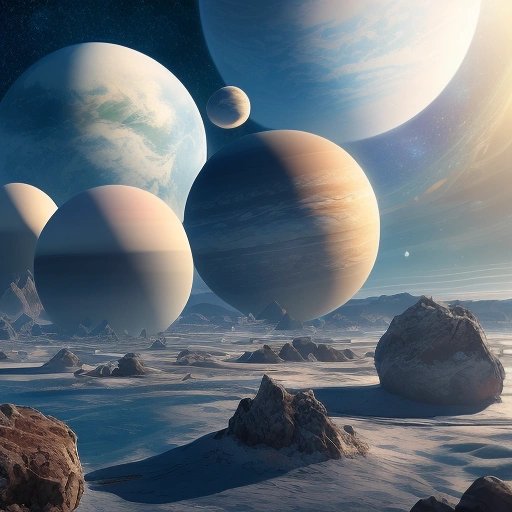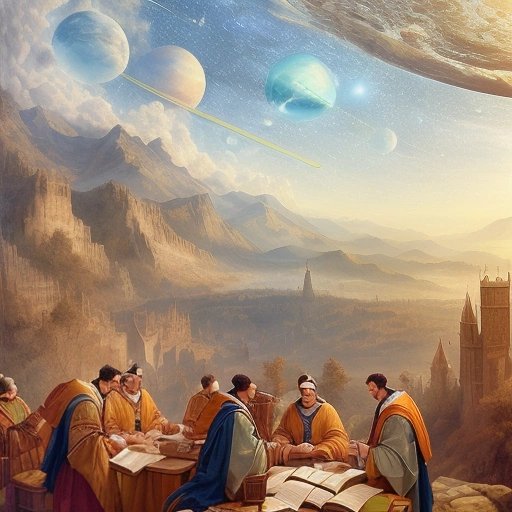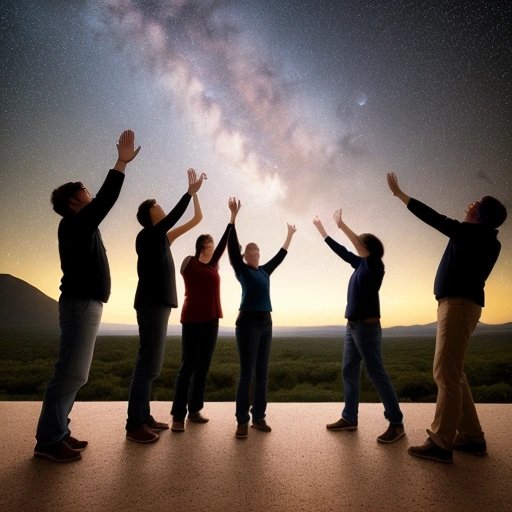In a move that has left the world reeling, scientists have decided to downsize our beloved solar system. Once called the "Big Nine," our solar system has now been reduced to a "Tiny Eight," as the gas giants have been stripped of their planet status.
This shocking announcement has left many in a state of disbelief. "I can't believe they would do this to Jupiter and Saturn," said one outraged space enthusiast. "What's next? Downgrading Pluto to a mere 'space rock'?"
According to the International Astronomical Union, which governs the classification of celestial objects, a planet must meet certain criteria to qualify as such. It must orbit the sun, be spherical in shape, and have cleared its orbit of other debris.
The gas giants, however, do not fit the criteria. They lack a solid surface, and their immense size allows them to accumulate debris in their orbits. Some have argued that this should not be enough to disqualify them from planet status. "Just because they don't fit the mold doesn't mean they're not important," said one gas giant sympathizer.
Despite the outcry from some quarters, the decision to reclassify the gas giants has been made. "Science is about accuracy, not sentimentality," said one scientist. "We must adhere to strict criteria when classifying celestial objects, even if it means downgrading some of our favorites."
This downsizing of our solar system has also raised questions about the search for life beyond our planet. "If we demote planets based on arbitrary criteria, how can we be sure that other objects we've discovered aren't being wrongly classified?" asked one space enthusiast.
This move has also sparked a debate about how we should teach children about our solar system, now that it has been reduced. "We can't change the textbooks overnight," said one teacher. "But we'll have to come up with a way to explain the reclassification to our students."
Despite the controversy surrounding the reclassification of the gas giants, many scientists are excited about the possibilities these newly defined objects present. "We may discover new types of celestial bodies, like 'dwarf planets' or 'planetesimals'," said one astronomer. "This is a chance to expand our understanding of the universe."
As we come to terms with this reclassification of our solar system, it is clear that there are still many mysteries to be uncovered in space. Who knows what new discoveries await us, now that we have an expanded understanding of the vastness beyond our planet? Perhaps one day we will even find life on a celestial body, regardless of its classification. Only time will tell.



